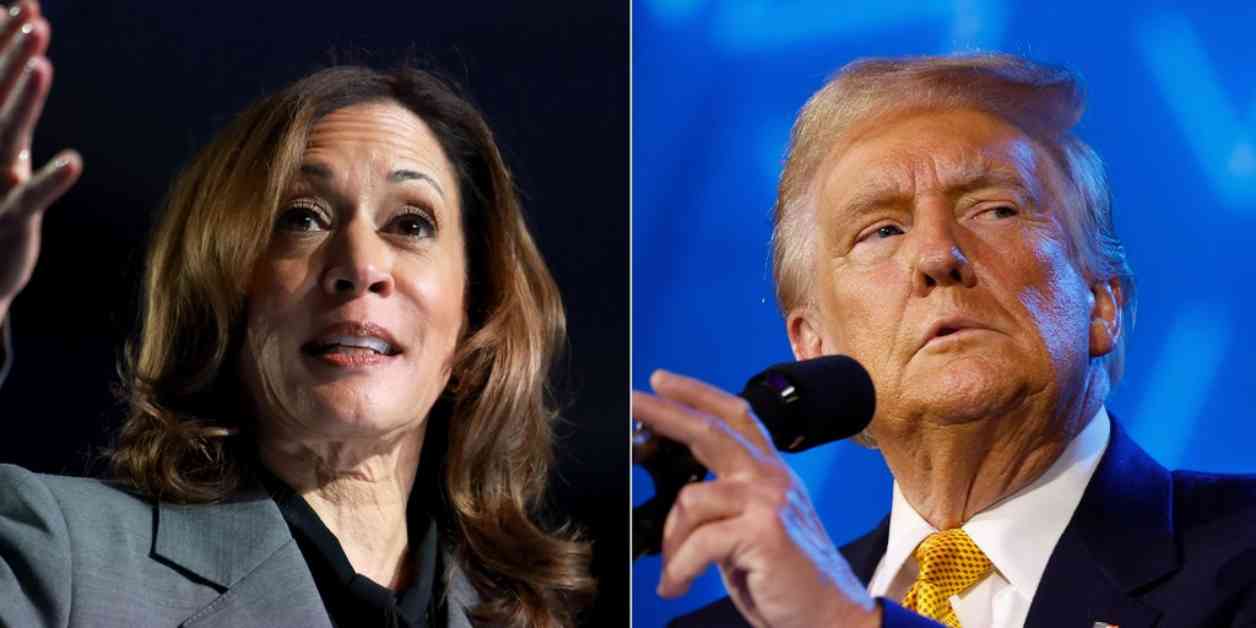Republicans in Michigan are seizing the opportunity to gain support from blue-collar voters in the state by highlighting Vice President Kamala Harris’ struggles to connect with them. The working-class demographic, which has historically leaned towards Democrats, has shown a recent shift towards former President Donald Trump.
Team Trump Michigan Communications Director Victoria LaCivita criticized Harris’ policies, such as the Green New Deal, as being anti-worker and detrimental to the state’s economy. With the upcoming election drawing closer, the race to win Michigan has intensified, with Harris holding a slim lead according to Real Clear Politics polling.
Both Trump and his running mate, Ohio Sen. JD Vance, have been actively campaigning in Michigan, making multiple appearances to appeal to voters. Concerns among Michigan Democrats have been raised about Harris’ prospects in the state, prompting calls for her to increase her presence and focus on economic messaging.
The Wall Street Journal reported that prominent Michigan Democrats, including Gov. Gretchen Whitmer, have urged the Harris campaign to pay more attention to the state. There are fears that Trump’s successful outreach to working-class voters could sway the election in his favor, especially in key states like Michigan, Pennsylvania, and Wisconsin.
Harris’ past positions on issues like zero-emissions vehicles and fracking have posed challenges for her in the Midwest, where these policies are unpopular. Internal polls have indicated that Harris is facing a tough battle in states like Wisconsin as well, where she trails behind in support.
Republicans believe that Harris’ message does not resonate with working-class voters, particularly in the upper Midwest, giving them an advantage in the swing states. The struggles have extended to union members, with the Teamsters’ internal poll showing a preference for Trump over Harris among members in Michigan.
While Harris has gained support from some unions like United Auto Workers and the Service Employees International Union, others like the International Association of Fire Fighters have withheld their endorsement. The lack of union support and the challenges in connecting with working-class voters have put Harris at a disadvantage in key battleground states.
Overall, the race for Michigan’s working-class voters is heating up as both parties intensify their efforts to secure support in the crucial swing state. Harris’ struggles to connect with blue-collar voters and gain union endorsements have raised concerns among Democrats about her prospects in key Midwest states like Michigan. As the election approaches, the battle for working-class support could play a decisive role in determining the outcome of the race.





















